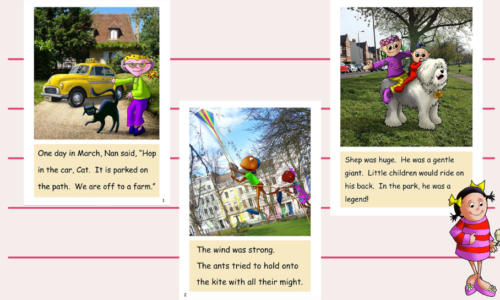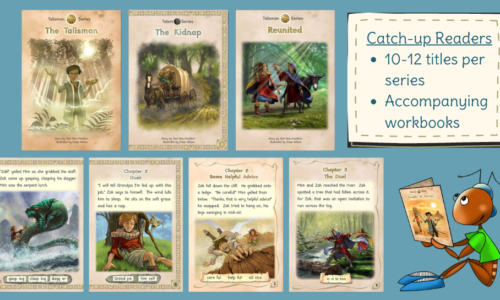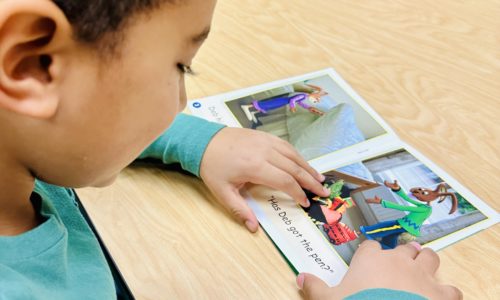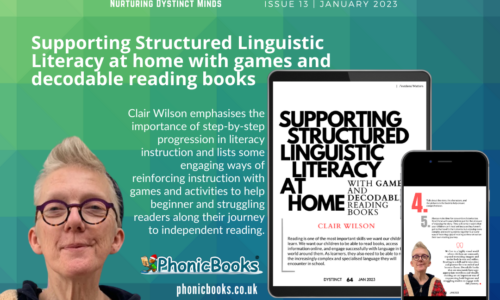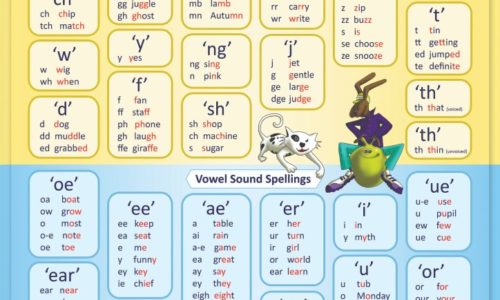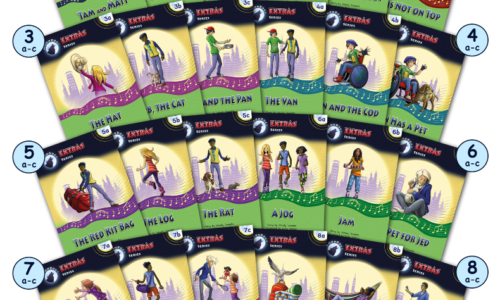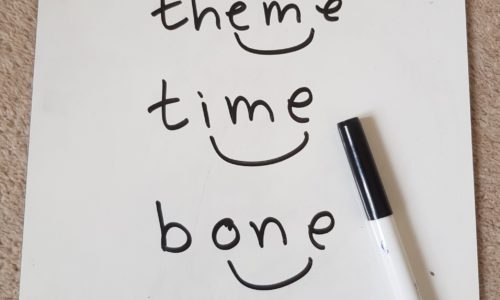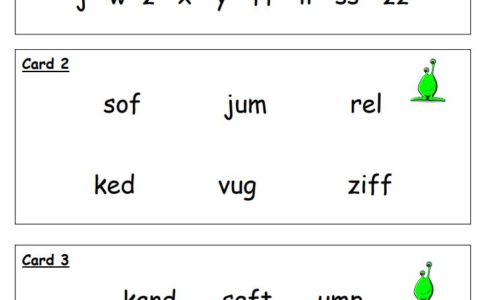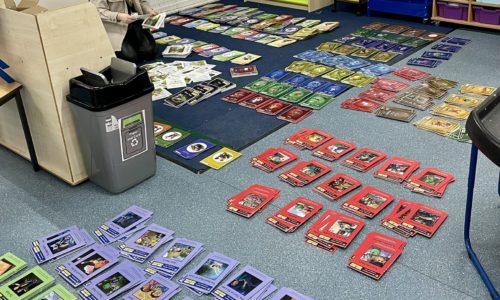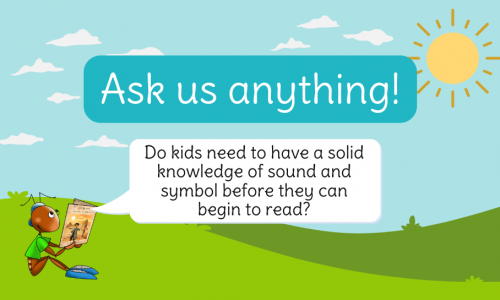
Yes, they do. Sounding out words is very taxing on a beginner reader’s working memory. If we think about it – children need to recognise the shape of the letter, attach a sound to it, hold that sound in their heads, do the same for the next letters in the word, blend the sounds into […]
Read More

